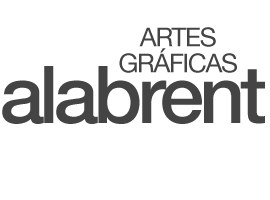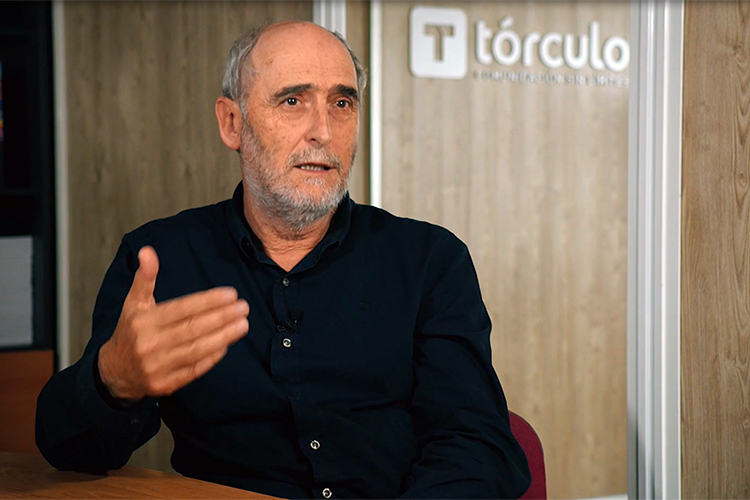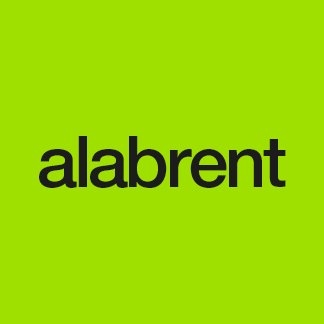Redacción Alabrent
In the past the printing industry based operational strategies on production capacity availability. But that no longer works for today’s fast paced, quickly changing, and highly demanding times. Now an effective strategy is shaped around the needs of customers. They want greater flexibility, smaller runs, and more services.With the decision made to go 100% digital, we started our investigation and analysis.
It revealed uncertainties, complex criteria, and difficulty in drawing an objective road map. It was a challenging start where certainties were scarce and elusive. Given this backdrop it would have been easy to rethink and postpone the decision, even if we knew that taking the road to 100% digital it was inevitable. However, vision and determination moved us forward.
For those who are interested in learning from our experience, there are three major areas that should be considered and I will share some reflections on each of them. Spoiler: having reliable and committed partners is key.
1 Changing technology
Any comfort we felt with the printing equipment we understood disappeared when making comparisons between devices that were never unequivocal or fully quantifiable. That reality was ultimately a blessing for Tórculo. When making the investment decision we soon understood that just as important as the web press and its performance was the overall quality of the supplier. No machine performs the transformation on its own.
Ricoh positioned itself as a great technology provider, offering disruptive equipment capable of satisfying demands that no other inkjet machine on the market did. The differentiating features of the Ricoh Pro™ VC70000 included quality and depth of its colours printed on untreated coated papers and competitive cost illustrations that presented a powerful argument with regards to capturing volume moving from offset to digital.
But what about fears? The biggest, I think, was the risk of obsolescence in investments that have long payback periods. Ricoh showed us how its devices, from all product ranges, can be constantly updated with new enhancements. Beyond the technology we liked the ability of a large vendor to commit to its clients’ business and protect their investments.
2 Transforming people
Tórculo is an ecosystem in itself, as are all printing companies as far as I know. Ecosystems formed by technologies, processes, and people. The first two are clearly digitisable.
What about people? This can be quite a challenge. Digital transformation affects the collective but ignoring the fact that the collective is made up of individuals can have far reaching consequences. In production it will be people who will have to move from the understood and known sheet fed offset technology to the new and unknown web fed inkjet press. We believe a good operator is always a good operator, and our team has proven it. As a result, we just needed good training and a plan to involve them and allay their fears.
Fears, however, are not confined to the production floor. Sales and marketing teams have spent years, decades even, gaining the trust of customers with offset technology at the heart of the offering. Suddenly, the addition of the Ricoh Pro VC70000 required a rethink of strategies, targets, and value propositions.
Again, this is where a solid partner is key. Completely embedded in our structure, Ricoh’s EDGE business development consultancy programme helped us navigate changing perspectives of the individual and collective. This helped transform suspicion into acceptance of change, essential to being able to bring to the market all the value we can now add.
3 Managing increased production
In Tórculo we have always employed good levels of automation, but our transformation forced us to climb one more step. Or several. Ricoh’s technology raised our production capacity and our ability to take it to market.
The installation and testing processes that ran in parallel in our workshop and in our prepress area raised some potentially significant problems, dilemmas and needs. And, again, the value of having the right partners proved vital. With own, third party, or custom applications, Ricoh specialists demonstrated that the irreplaceable values that differentiate them are in their knowledge, talent, and commitment. They made each concern their own and combined realism with efficiency in equal parts.
Today I can proudly say that Tórculo’s workflow is one of the best in the industry for robustness, flexibility, and automation.
We believe the future value of the graphic industry rests in how we respond to of all the changes and transformations that our clients are also experiencing. We want to ensure we are the partner they continue to choose, and working with Ricoh has helped us develop our offering and service to enable us to do that.



